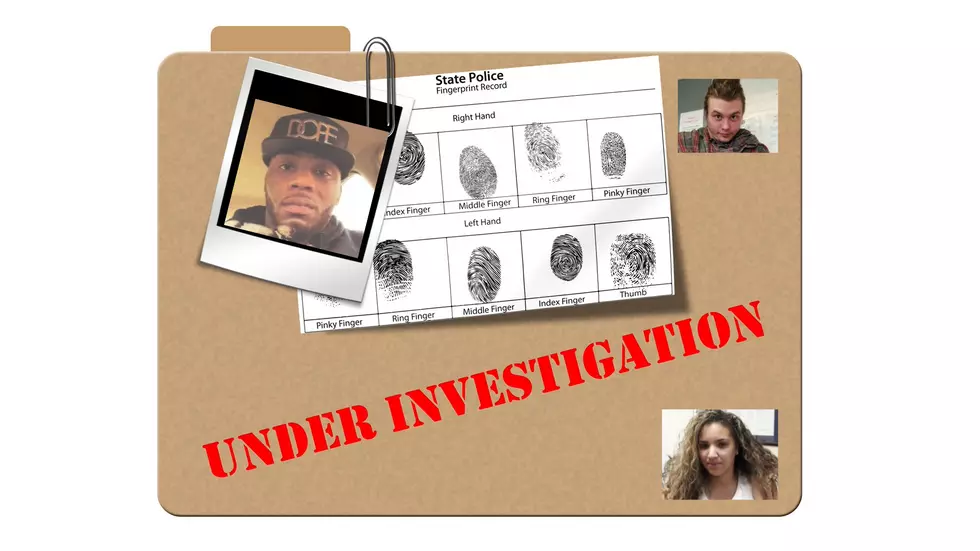
Governor Lamont Waives 180-Day Requirement for Connecticut Public Schools, Extends All License Renewals
Connecticut's 180-day requirement for public schools will be waived in light of the many closures around the state.
In a press conference from the Connecticut State Emgergency Operations Center on Thursday (March 12), Governor Ned Lamont spoke alongside the Commissioner of the Department of Education Miguel Cardona and Commissioner of the Office of Early Childhood Beth Bye to address any public concerns residents may have regarding their children's education as the state continues to ramp up precautionary measures as they pertain to the Coronavirus.
Because of the recent declarations of both civil preparedness and public health emergencies in Connecticut, the Governor's Office now has the ability to waive the 180-day requirement, a decision the office would not be able to make normal circumstances.
After offering words of praise for the way school superintendents and teachers around the state have been preparing for and handling the Coronavirus situation, Commissioner Cardona announced that 19 Connecticut school districts either have closed or are scheduled to close, most of which are located in Fairfield County.
As Governor Lamont described the state's efforts to assist in providing day care alternatives for school children to have a place to go during the day while classes are cancelled, Commissioner Bye provided some further details. She explained that the Office of Early Childhood is working with various organizations, exploring options in which small child care sites can potentially open near hospitals. Infants, toddlers and school age children will be the primary focus of these sites.
Another result of the emergency declarations is that Governor Lamont will offer a 90-day extension period to Connecticut residents with expiring credentials (drivers' licenses, learner's permits and ID cards), in an effort to reduce the amount of people visiting DMV branches. It was also noted that residents who must renew their registrations should use online, phone or mail-in renewal methods, as registrations are not covered by this order.

According to the Department of Public Health, the risk of becoming infected with COVID-19 is considered low for people who had contact with an individual who does not have COVID-19 and does not have symptoms. In other words, a contact of a contact is considered low risk.
Any resident that is not currently showing symptoms of the virus (two or three days of fever, cough, and shortness of breath) can dial 211 at any time with any basic questions.
Related stories:
- COVID-19 Patient in Medically Induced Coma at Danbury Hospital
- Mayor Mark Boughton: Danbury Public Schools Closed Indefinitely Out of Caution
- 5 Reasons Why You Should Not Panic About The Coronavirus
- Gov. Lamont: CT's First Presumptive COVID-19 Case Being Treated in Danbury
- Danbury Mayor Dispels Rumors, Reminds Residents 'We Are Prepared, Not Scared'
The Governor's Office has also provided residents with some important messages to keep in mind:
- People without symptoms should not be tested for COVID-19. Testing individuals with no symptoms is not recommended by CDC.
- If you were with someone who does not have symptoms, the risk of transmission is very low.
- There are many respiratory illnesses circulating in Connecticut, such as the flu and the common cold. Having respiratory symptoms does not mean that you have COVID-19.
- People are at higher risk for COVID-19 if they have symptoms of the virus (cough, fever, shortness of breath) AND if they were a contact of a positive case of COVID-19 (or have traveled to country with community transmission, such as China, Italy, South Korea, Iran, and Japan).
- Someone is considered a contact if they have had direct, face-to-face contact with a person with COVID-19.
- People who think they have COVID-19 should call their healthcare provider. These people should not go directly to a healthcare facility without first calling a healthcare provider (unless they are experiencing a medical emergency).
- People with general questions about COVID-19 can visit ct.gov/coronavirus or call 2-1-1.
- Everyone can help stop the spread of viruses in Connecticut.
- Get your flu shot, and make sure the people around you do the same.
- Wash your hands often throughout the day. Use warm water and soap. If soap and water are not available, use alcohol-based hand gel.
- Cough or sneeze into your elbow. Viruses can spread by coughing or sneezing on other people or into your hands.
- Stay home from work or school if you are sick.
- Avoid touching your eyes, nose, or mouth. Germs spread this way.
- Get plenty of sleep, be physically active, manage your stress, drink plenty of fluids, and eat nutritious foods.
- Keep surfaces (especially bedside tables, surfaces in the bathroom, and toys for children) clean by wiping them down with a household disinfectant.
More From WRKI and WINE









